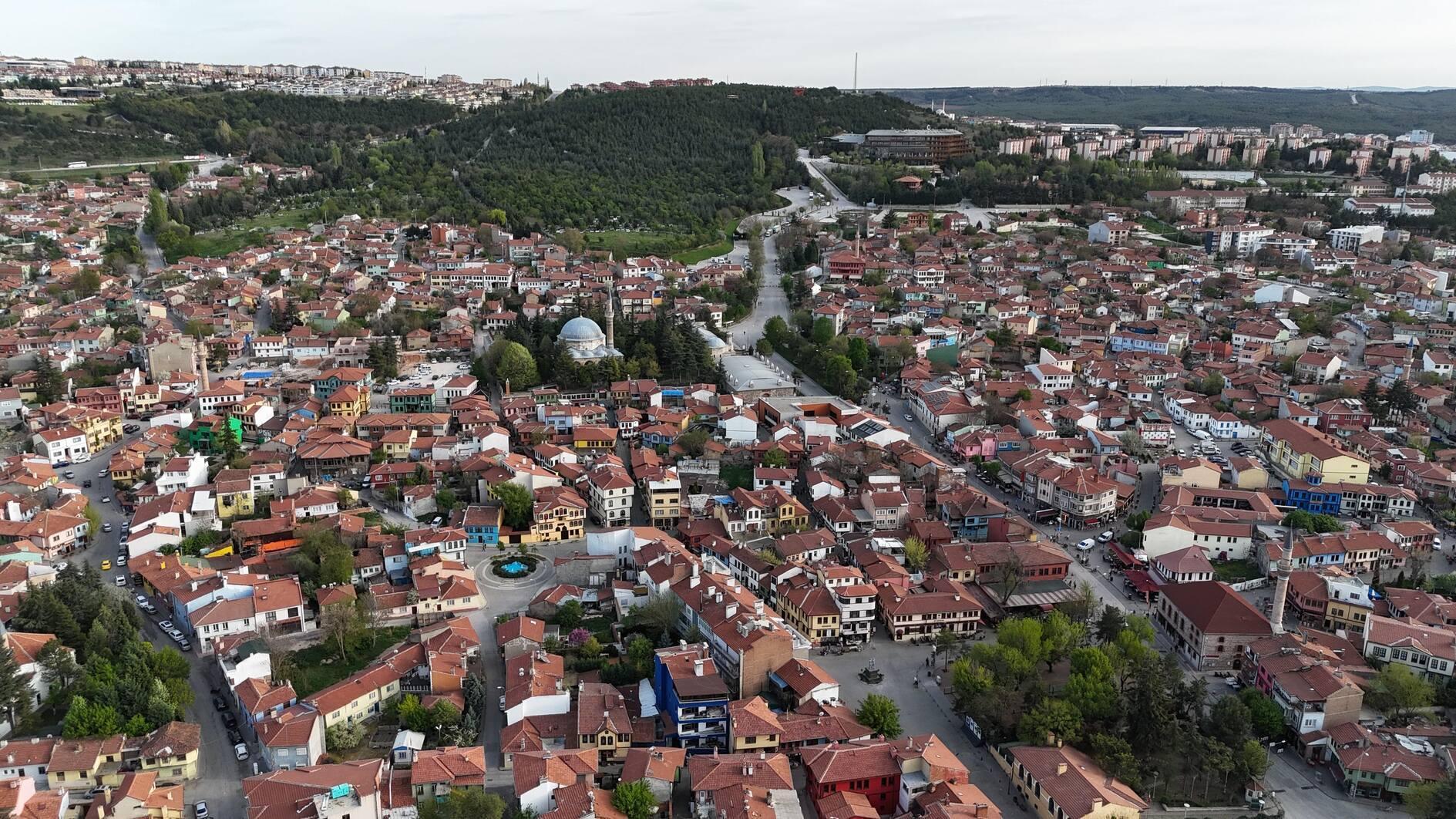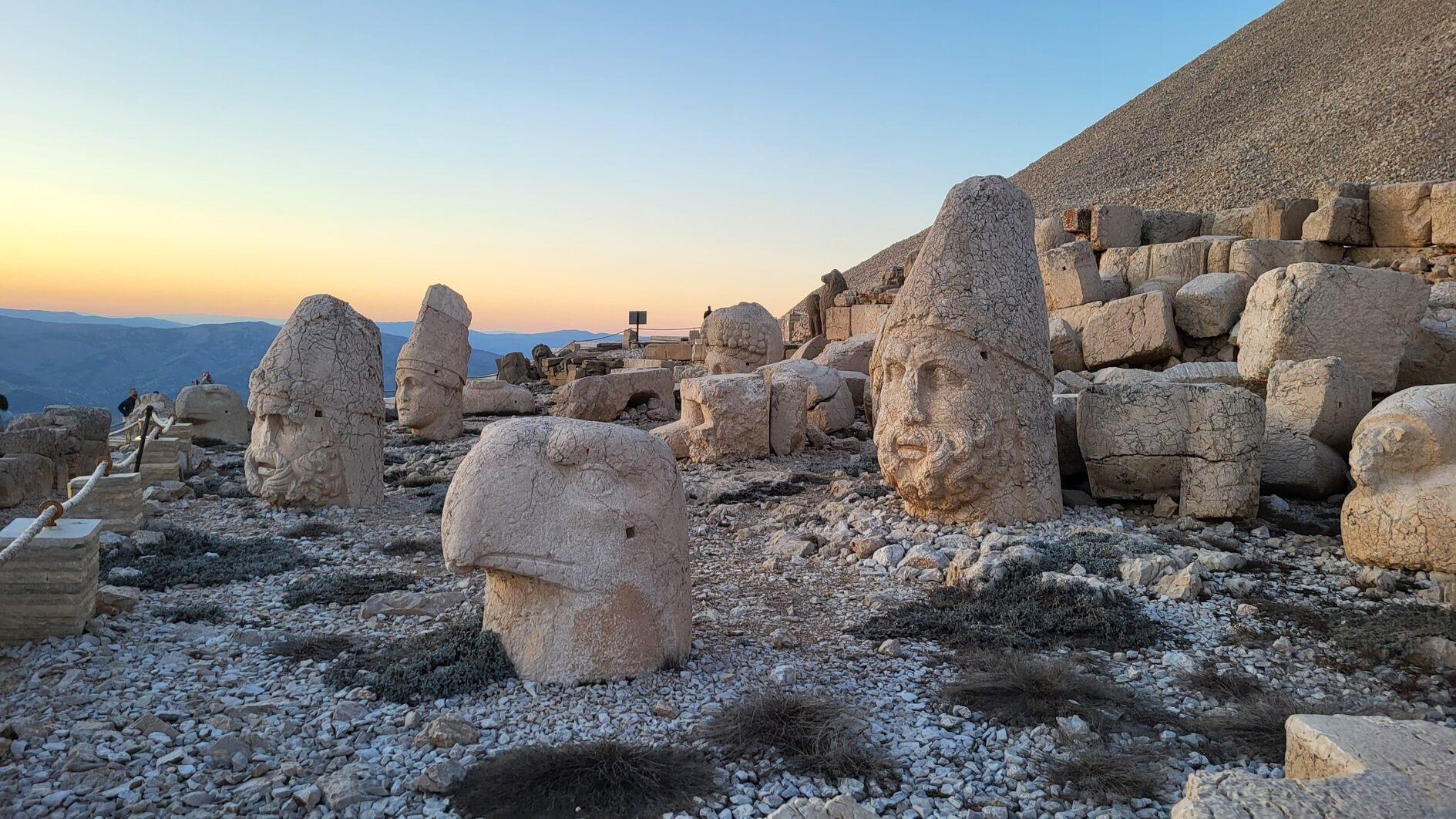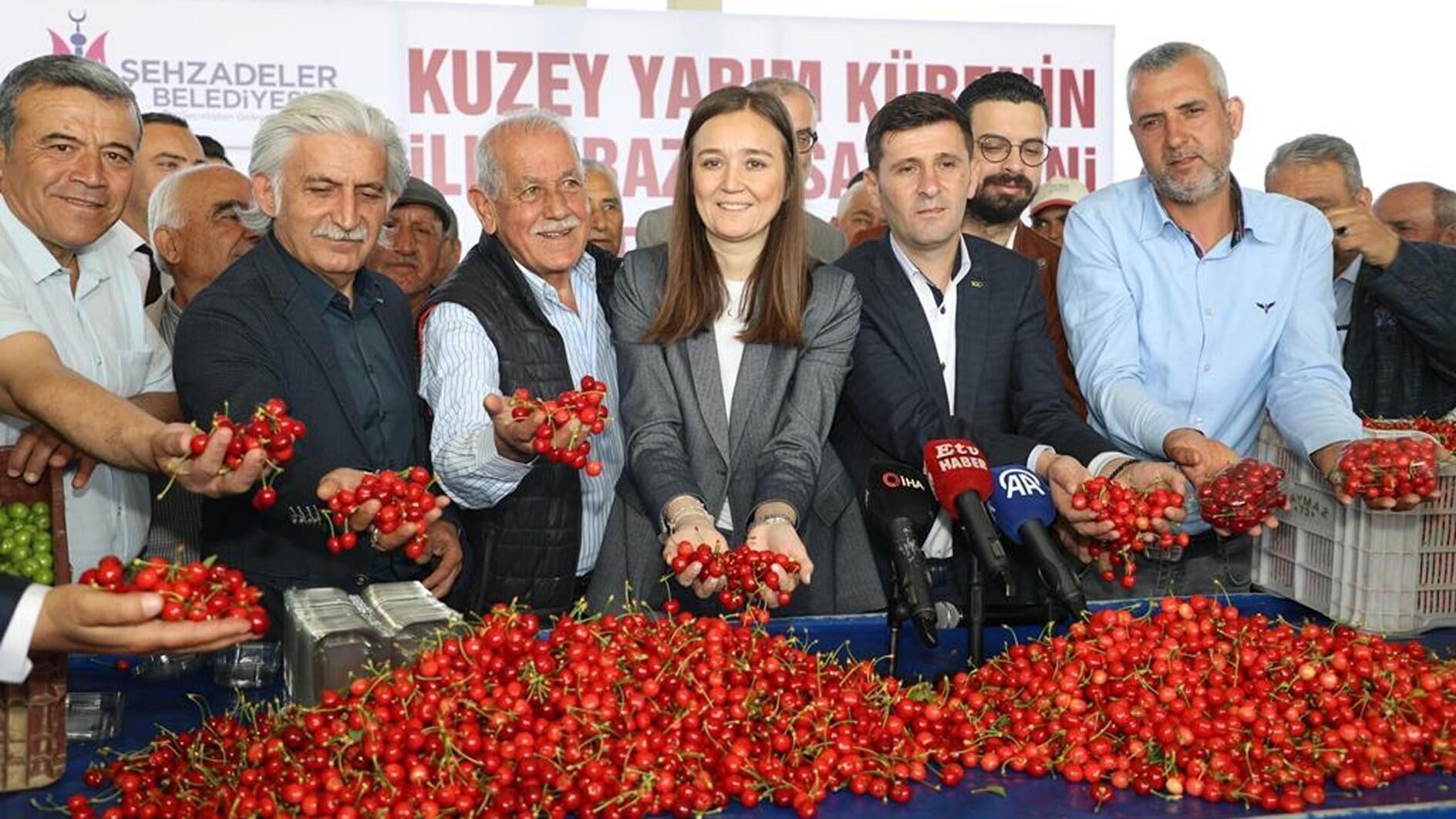Missile or ally?
The reasons and implications of President Donald Trump’s recent attack on Syria are being widely discussed. Yet what will be the impact on Turkey? How will the ongoing negotiations between the United States and Russia echo in Ankara? The answer seems to be short and crystal clear: From now on, Turkey needs to pursue a very delicate “policy of balance” between Washington and Moscow.
To cut a long story short: First a chemical attack occurred in Syria. After that, Trump launched a missile strike at a Syrian air base. In just a couple of days, U.S. Secretary of State Rex Tillerson visited Russia. And contrary to expectations, both sides issued messages of strong cooperation. Even though the American side insisted during the meetings that Russia should withdraw its support from Bashar al-Assad, Trump declared the very same day “he would not get further involved in Syria.”
This is of no surprise since al-Assad is not Trump’s main target at all. After all, the U.S. representative to the United Nations, Nikki Haley, said just the other day that their main priority is to “get the Iranian influence out of Syria.” Furthermore, Trump aims to exclude Iran from the international system all in all as he has often declared. Hence the new American president is trying to convince Vladimir Putin not to move together with Iran within Syria in order to isolate Tehran.
But would Russia give up on al-Assad or Iran? Both are not impossible, yet certainly more than difficult.
First and foremost, Russia’s support for the al-Assad regime dates back to the Soviet era, to 47 years ago. Then the Soviets used to back Hafez al-Assad, the father of the current Syrian president. Later the Russian Federation continued the support for the al-Assad regime through the son.
One of the reasons behind this support is the close links between the Orthodox Church in Russia and the one in Syria. The other reason is strategic: Russia has access to the eastern Mediterranean only through its naval and air bases in Syria. Equally important is Russia’s fear of radical Islam. Moscow has always been in deep waters with radical Islamist groups, especially Chechen separatists. Therefore, it sees al-Assad as a bulwark against such elements in Syria and the wider region. Moreover, Putin considers all of the opposition groups in Syria as radical without making any distinction.
This is exactly what unites Russia and Shiite Iran. The two countries have developed military and intelligence cooperation against Sunni groups. During the Syria war, Russia has been fighting from the air and Iran on the ground on the side of al-Assad. In other words, Iran’s ground force served in a way as the advocate of Russia’s interests in the Middle East.
All these reasons make it too difficult for Russia to give up on al-Assad. To the contrary, Putin could even further increase its support for the Syrian regime in the wake of Trump’s missile attack. Iran, on the other hand, is an easier case. Moscow would distance itself from Tehran, yet only if it compromises with Washington. In other words: Only if it would get some concessions. This could be, for example, the recognition of Crimea which Russia annexed in 2014 or a halt to NATO’s expansion into Eastern Europe. However, would the U.S. make these concessions? Getting that answer will surely be time-consuming. Due to all these reasons, a shift in Russia’s policy toward Iran and al-Assad should not be expected in the short term. In addition, al-Assad doesn’t seem to be the main trouble for Trump at all. Furthermore, the U.S. and Russia will probably continue their cooperation in company with some “controlled tension.”
Therefore, it would not be wise for Turkey to turn against Russia by relying on Trump’s attack on Syria. It is still fresh in minds how Turkey’s room to maneuver in Syria became restricted during the crisis between Moscow and Ankara. Likewise, it would be wrong for Turkey to assume that Trump will continue his attacks on Assad. Besides, whether Trump will support the Kurdish forces in northern Syria – a thorny issue for Turkey – is still uncertain. This big picture, after all, requires Ankara to cooperate with both Russia and the U.S. simultaneously and respectively around mutual interests.
Yet there is another front which needs even more attention: Iran. Trump might get increasingly tough against Tehran. In that case Ankara should not take Iran on and could even play a balancing role in between. Taking into account the U.S. and Russia’s current support for a Kurdish entity in northern Syria, Turkey needs to develop good relations with regional countries.
In short, the balance of power in Iraq and Syria is so sensitive that Turkey cannot afford to either turn against or become an ally with anyone.











